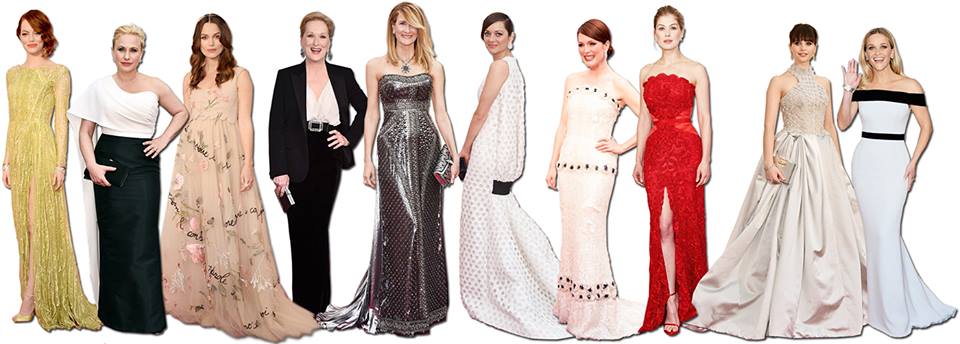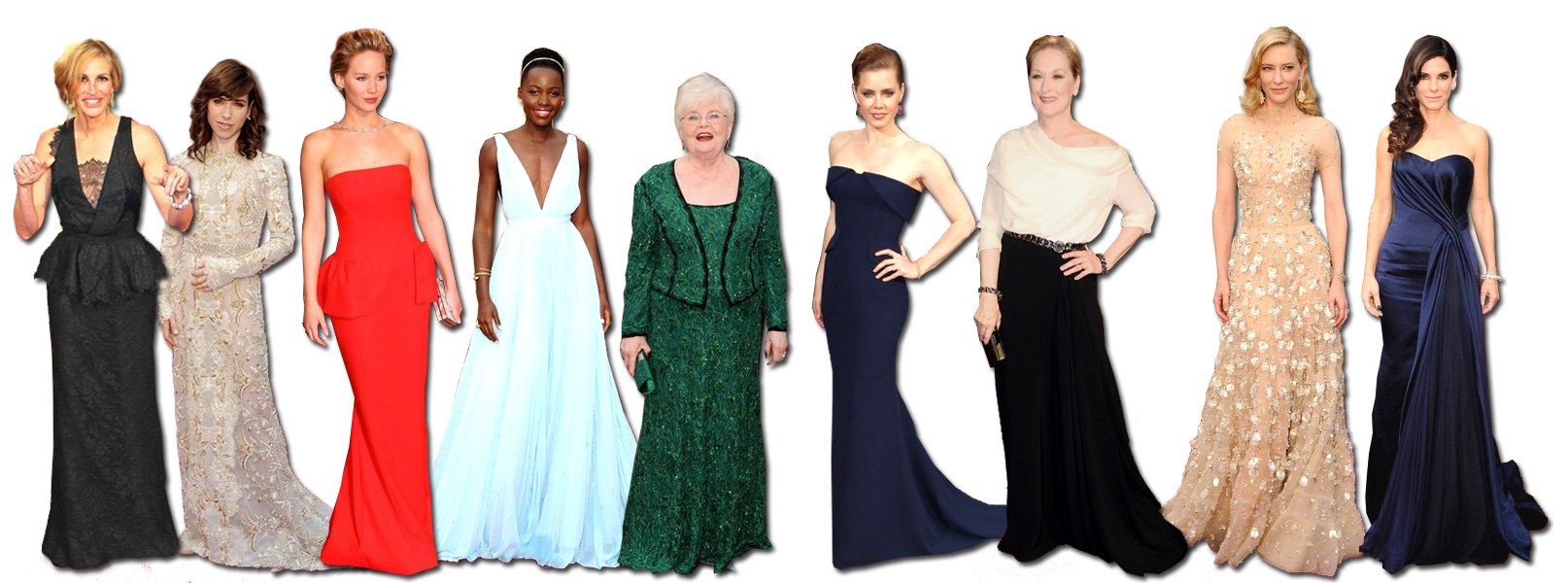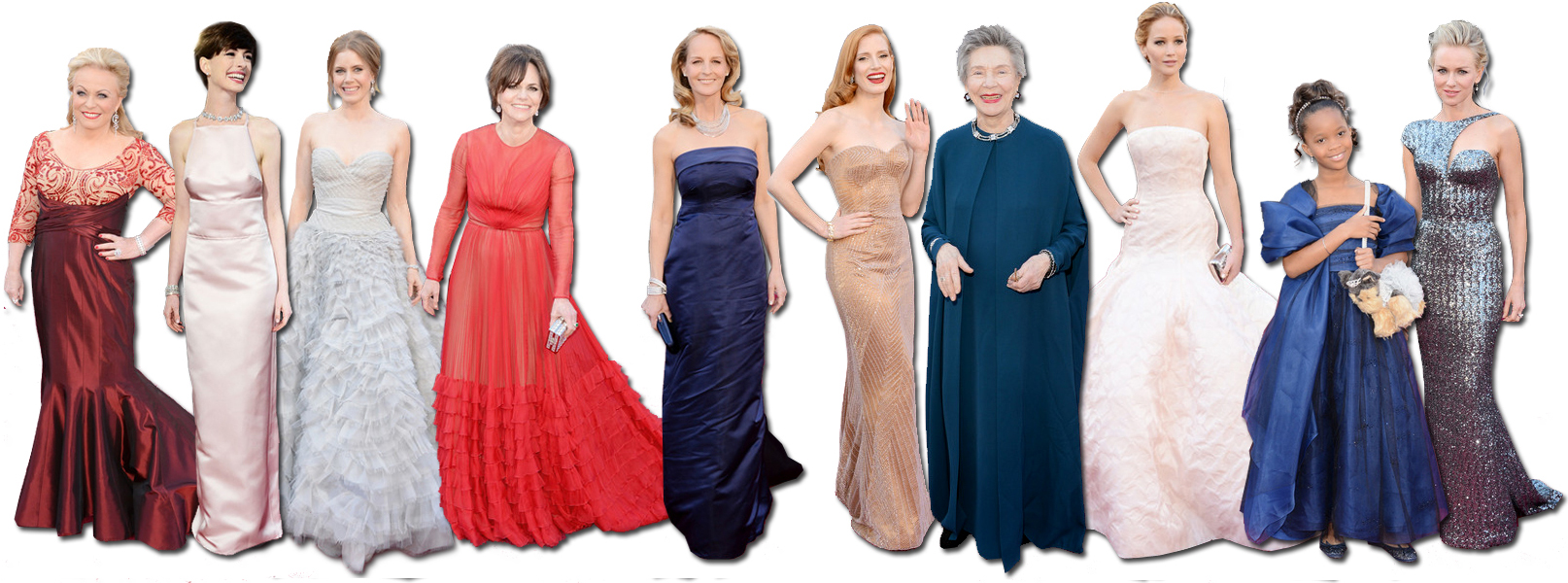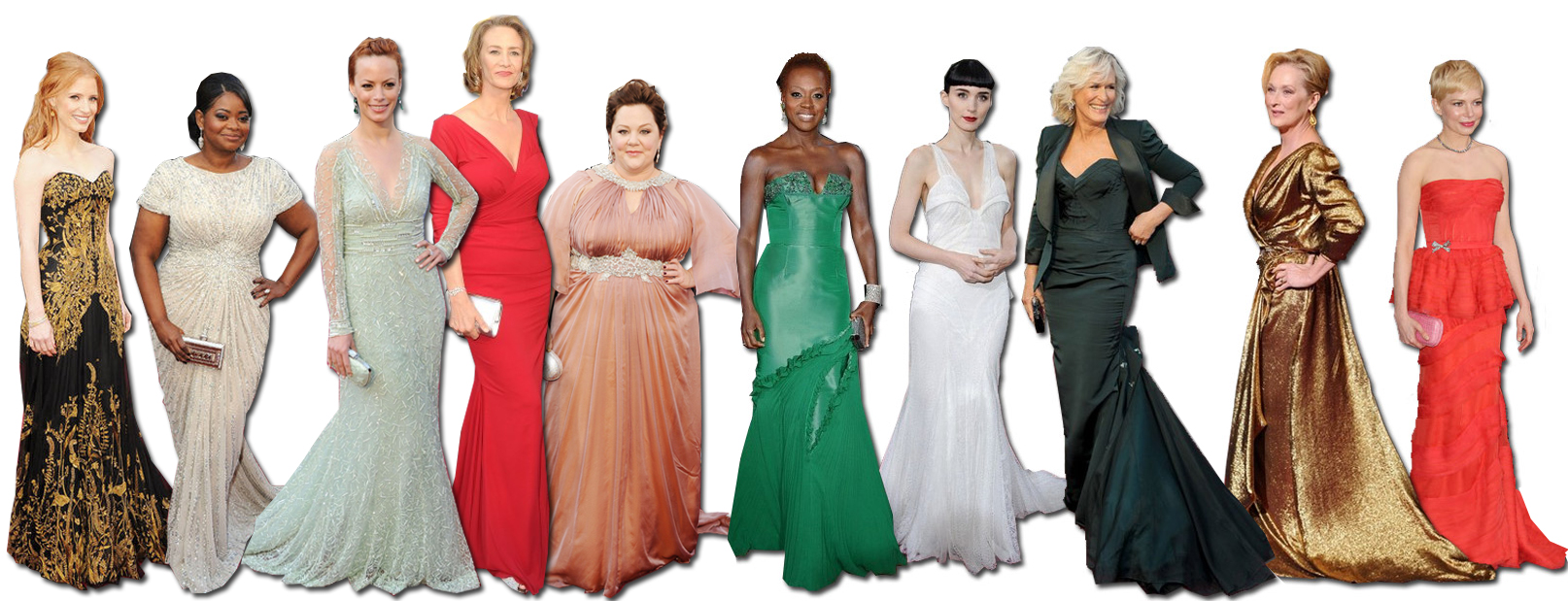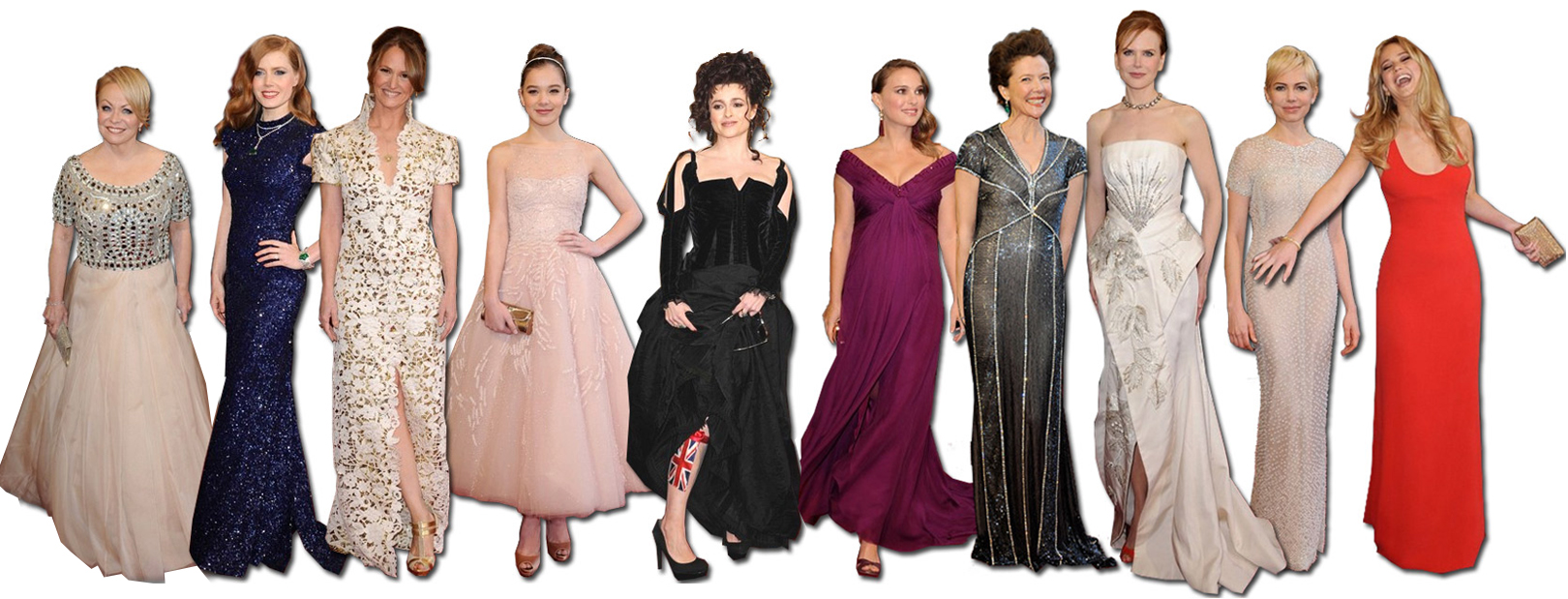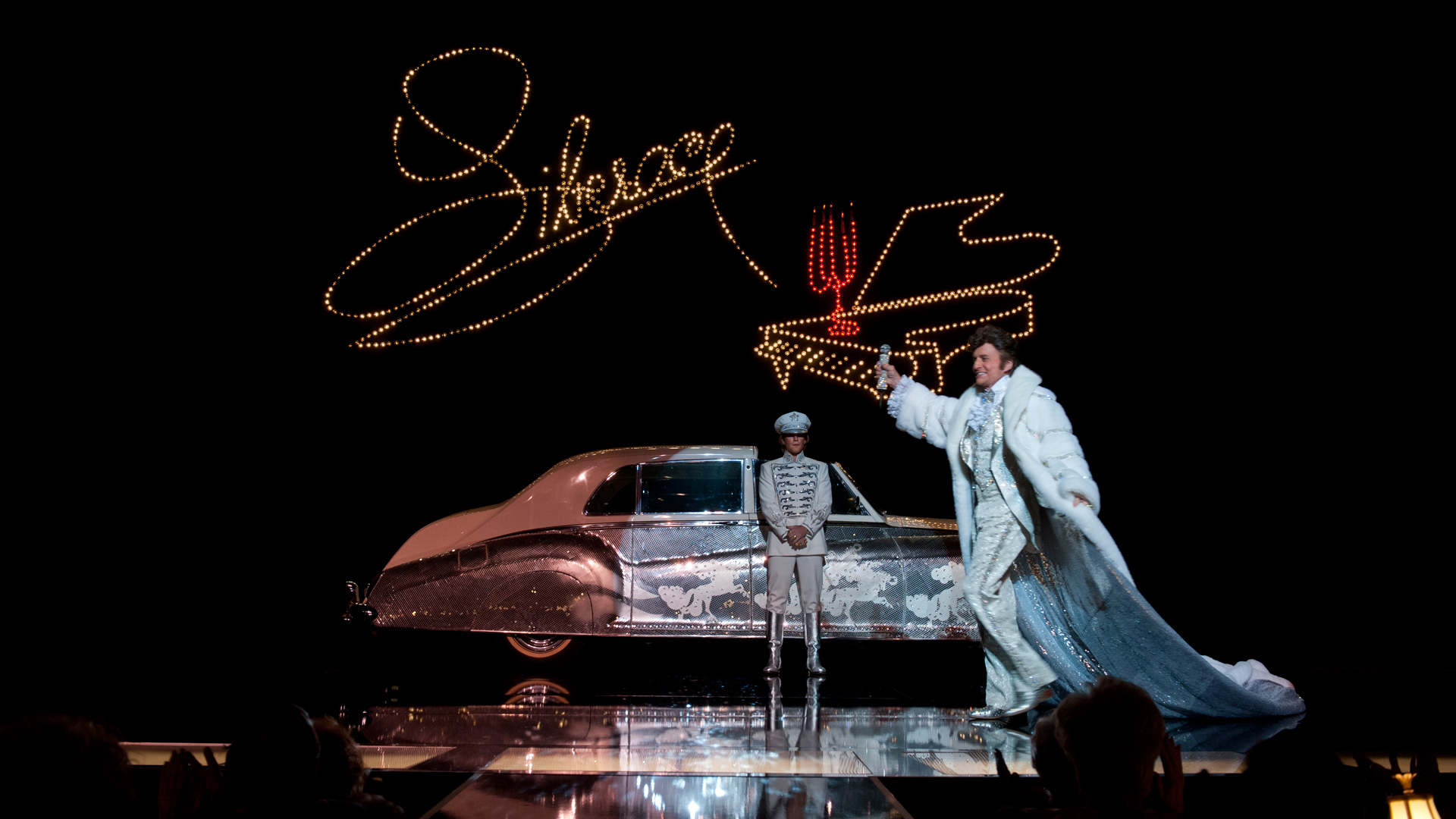What Does Tom Hanks Have to Do to Receive Another Oscar Nomination?
 Friday, September 9, 2016 at 11:15AM
Friday, September 9, 2016 at 11:15AM by abstew
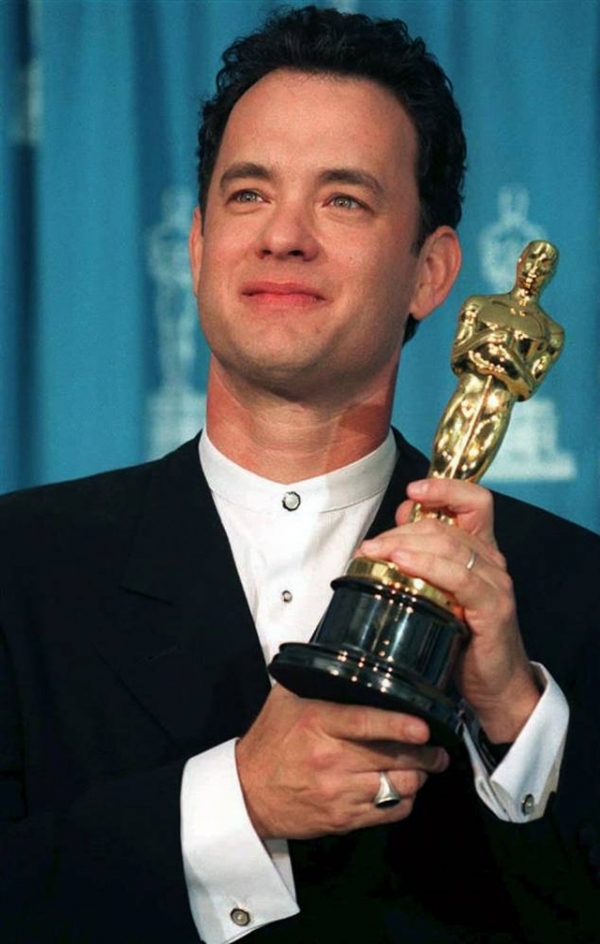 The world was a very different place in January 2001. George W. Bush was being sworn into office for the first of his two terms as President, people used disposable cameras and brought the film to be developed at...drug stores, and the main places to watch new films was in the actual movie theater (where the average ticket price was $5.39) and then later going to the nearest Blockbuster to rent it. It also happened to be the last time that Tom Hanks was nominated for an acting Oscar.
The world was a very different place in January 2001. George W. Bush was being sworn into office for the first of his two terms as President, people used disposable cameras and brought the film to be developed at...drug stores, and the main places to watch new films was in the actual movie theater (where the average ticket price was $5.39) and then later going to the nearest Blockbuster to rent it. It also happened to be the last time that Tom Hanks was nominated for an acting Oscar.
With a total of 5 Best Actor nominations for Big (1988), Philadelphia (1993), Forrest Gump (1994), Saving Private Ryan (1998), and Cast Away (2000) and back-to-back wins (only the second Best Actor to accomplish the feat after Spencer Tracy almost 60 years before and only one of five actors (the others are Luise Rainer, Katharine Hepburn, and Jason Robards) to have achieved the distinction in the Academy's 88 year history) it's not like Hanks is hurting for accolades. And if that weren't enough, he's even taken gold for television, winning 7 Emmys so far as a producer and director on multiple miniseries.
The Academy often has brief but passionate affairs when it comes to actors...




